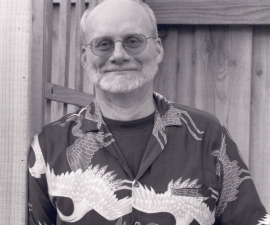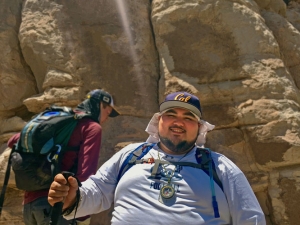

Research Bio
Kent Lightfoot is Distinguished Professor Emeritus of Anthropology. He has undertaken archaeological work in New England, the American Southwest, Alaska,
Hawaii, and California. His recent investigations have focused on the archaeology of colonialism, the shell mounds of the greater San Francisco Bay Area, and Indigenous landscape
and seascape stewardship practices along the Central Coast of California.
Research Expertise and Interest
California archaeology, coastal hunter-gatherers, North American archaeology, archaeology of colonialism, indigenous landscape management
In the News
To Kill Mammoths in the Ice Age, People Used Planted Pikes, Not Throwing Spears
UC Berkeley archeologists say the findings might help resolve the debate about Clovis points and reshape how we think about hunting some 13,000 years ago.
Indigenous archaeology plows forward, despite anthropology’s checkered past
Kent Lightfoot trained in archaeology when backhoes and front-end loaders tore through Native American sites. At the time, it didn’t occur to him that the land could actually feel pain — not until Kashaya Pomo tribal elders at Northern California’s Fort Ross Historic State Park set him straight.
Loading Class list ...


